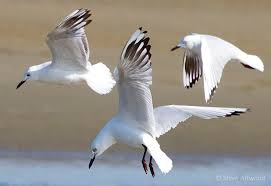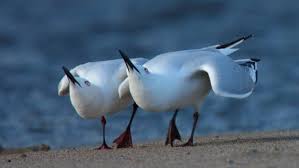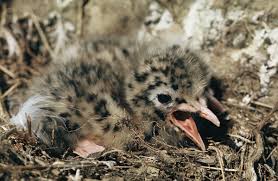How to Draw a Cat's Face
Ōtākaro Studio at Waitākiri School
Thursday, 30 August 2018
Thursday, 23 August 2018
Waitākiri Girls Chess Team
Congratulations to our fabulous Waitākiri Girls Chess team who competed with 14 other Christchurch teams at Halswell on Thursday 23rd August.
They gained 4th place with only 2 points behind an equal tie for second and third. It was a very close competition.
We are so proud of you Ella (Captain), Renee, Summa and Alyssa.


They gained 4th place with only 2 points behind an equal tie for second and third. It was a very close competition.
We are so proud of you Ella (Captain), Renee, Summa and Alyssa.
Wednesday, 22 August 2018
Black billed gull/tarāpuka
Believe it or not!
Tarāpuka - New Zealand's only endemic gull and the most threatened gull species in the world






Tarāpuka - New Zealand's only endemic gull and the most threatened gull species in the world
Black-billed gull (Tarapuka)
Source: http://blog.forestandbird.org.nz/not-just-another-gull/
The black-billed gulls are actually quite shy and tend to mind their own business. They live inland, nesting on braided rivers – sometimes quite far from the coast. They feed at sea, but also like bugs from muddy paddocks or wet grassy areas.
Black-billed gulls are in trouble and now appear on threatened species lists, along with the kiwi and kākāpō.
Over the next 30 years, their numbers are expected to drop by more than 70 per cent. Just 40 years ago, there were nearly 200,000 of these birds, but now just 70,000 remain.
Like many of our native birds, introduced predators like cats, stoats and ferrets are a big problem for black-billed gulls. They’re known to take eggs, chicks and even adults. Weeds on their riverbed habitat is also a problem as it takes away space for them to breed and can force them closer to the water’s edge, which means their nests are more likely to get washed away.
Sulphur Bay Wildlife Refuge
Tuesday, 21 August 2018
Just the Cat's Whiskers
Have you ever wondered why cats have whiskers?
Wow . . . I didn't know a cat's whiskers were so important to them!
Follow the string game instructions to make the cat's whiskers
Sunday, 19 August 2018
The Bat that Walks on the Ground
Millions of years ago, the continent drift caused New Zealand to become a separate group of islands surrounded by sea. Animals and birds that were living on these islands were also separated from the rest of the world. These creatures were found nowhere else in the world. They were native or endemic to New Zealand. In order to survive, they evolved to suit the environment. They adapted and changed over time to survive in their habitats. The lesser short-tailed bat is a descendent of the only land mammal living on land in New Zealand before people arrived here.
Pangea and Continental Drift
Millions of years ago, New Zealand became a separate group of islands
Pekapeka-tou-poto
Descendants of what was once New Zealand's only land mammal - the lesser short-tailed bat
Pekapeka-tou-poto
Descendants of what was once New Zealand's only land mammal - the lesser short-tailed bat
Meet the Locals: Peka Peka
Helping our native New Zealand Bats
Wednesday, 15 August 2018
Moon Phases 2018 – Lunar Calendar for Christchurch, New Zealand
Use this link to follow the Moon Phases for Christchurch 2018 and help you complete your Moon Watch Calendar in Google Docs.
It will help you in understanding the predictable phases of the moon.

It will help you in understanding the predictable phases of the moon.

Monday, 13 August 2018
Phases of the Moon
Moon Watch Calendar
Discover the predictable phases of the moon by completing the calendar shared with you on otakarokids@waitakiri.school.nz Google Drive through Gmail. Remember to make a copy of the page by going to the 'File' drop-down menu, then renaming using your name so that you have your own calendar. Follow what has already been done on the calendar for each day. Draw or insert a picture of the moon as it appears each day. If the moon is not visible you can find pictures by clicking this link. Look at the moon or the pictures of it with your parents. Talk about the patterns you see.
Subscribe to:
Comments (Atom)